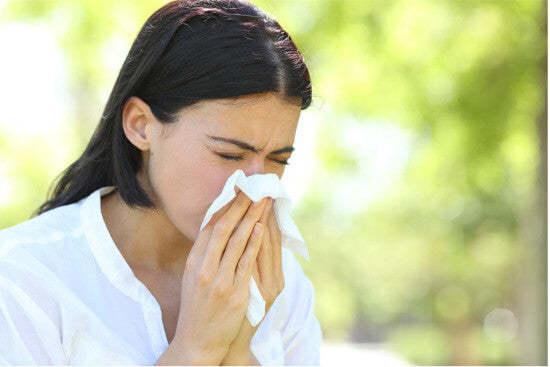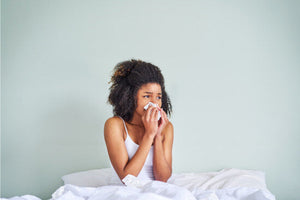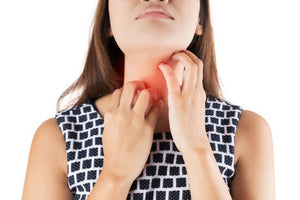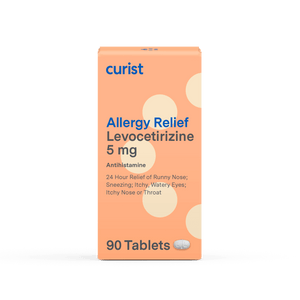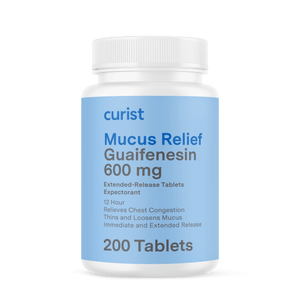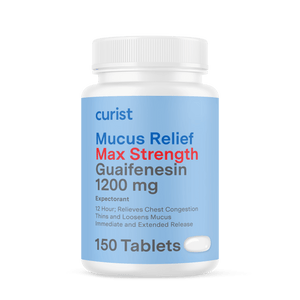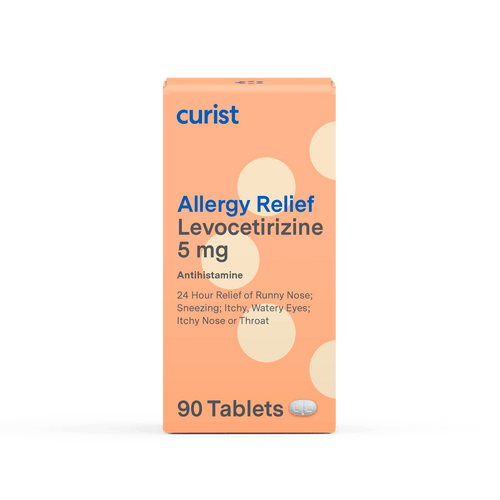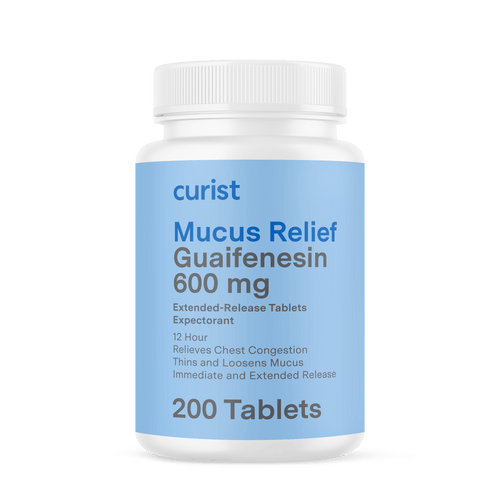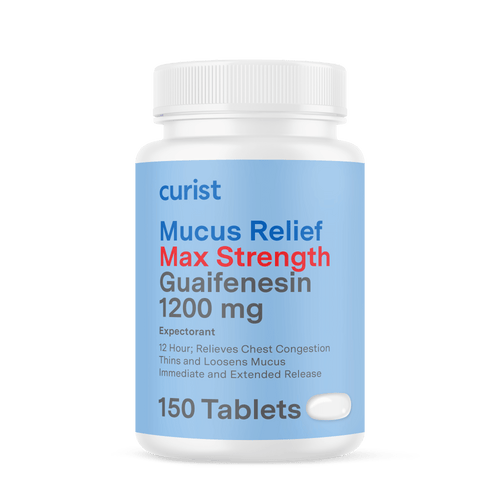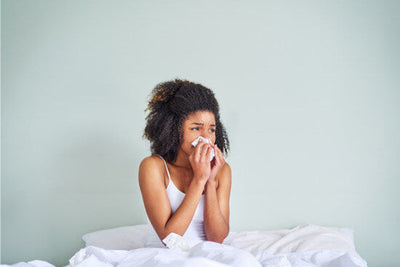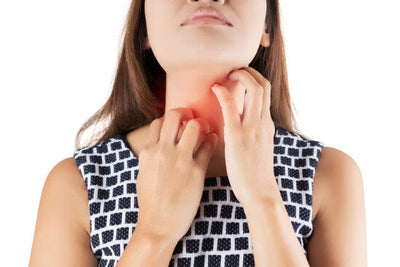by Dr. Marc Goldstein, MD, Curist Medical Advisor
Curist delivers over-the-counter medicines to your door at a fraction of the price of traditional brands. We hope everyone stays safe and healthy during this time.
How Do I Know If I Have Allergies or Coronavirus (COVID-19)?
Unfortunately, some symptoms of allergies and coronavirus (COVID-19) do overlap. Common allergy symptoms, like sneezing and coughing, have been reported in people with coronavirus. During allergy season, it may be even harder to differentiate between allergies and COVID-19. Fortunately, there are several key symptoms that can help you tell the difference between allergies and coronavirus (COVID-19):
- Allergy symptoms do NOT typically include fever, sore throat, or achiness, which have been reported in individuals infected with coronavirus.
- Allergy symptoms do typically include itchiness (itchy eyes, itchy ears, itchy nose, itchy throat), which are not typical signs of coronavirus infection. To learn more about these symptoms, check out the articles:
What are the Biggest Differences Between Coronavirus (COVID-19) and Allergy Symptoms?
One of the biggest differentiators between allergies vs COVID-19 is fever. Though some people refer to spring allergies as “hay fever”, people with spring allergies do not typically have fevers or achiness. In comparison, fever is common with coronavirus (COVID-19). The other is itchiness - people with allergies are often itchy (can be in your eyes, ears, throat, or nose), but this is not a reported symptom of COVID-19.
Is My Sneeze a Symptom of Seasonal Allergies or Coronavirus (COVID-19)?
If you are sneezing but do not have fever, achiness, or sore throat, it is more likely that you are experiencing allergy symptoms. Allergy-induced sneezes will often occur in rapid, uncontrollable bouts. People with coronavirus appear to have more infrequent sneezes, which are accompanied by other symptoms. Check out Coronavirus and Sneezing to learn more.
Can I Have Both Allergies and Coronavirus (COVID-19)?
Yes. People with spring allergies are not immune to coronavirus. If you typically have allergy symptoms, pay close attention to their type and severity - do you feel differently than in prior allergy seasons? Do you have a fever, aches, or a sore throat? Does your cough or sneeze feel different than it usually does? Have you noticed that your allergy medicines are not helping reduce or relieve your symptoms? It’s important to stay vigilant about what your body is telling you.
What Are Best Tips For Allergy Sufferers During Coronavirus (COVID-19)?
These allergy tips will be even more important due to the coronavirus pandemic:
- Sneezing: Like always, if you are sneezing, cover your sneeze in a tissue (and then throw the tissue away into a closed container), sneeze into the corner of your elbow, or wear a mask.
- Allergy Medicine: Take your allergy medicine early and consistently. For instance, start using an allergy nasal spray like fluticasone propionate two weeks before the allergy season starts, or take an antihistamine daily once the season starts. Over-the-counter allergy medicines should be your first line of defense for allergies and are typically sufficient for most people. Of all years, it is particularly important to treat spring allergies because your allergy symptoms may be misconstrued as coronavirus. Being aggressive and proactive in your allergy treatment is extremely important.
- To learn more about taking antihistamines during COVID-19, please check out Are Antihistamines Safe for Coronavirus? and Antihistamine FAQ.
- Pollen Counts: Spring allergy symptoms spike with the pollen counts. Pay attention to the pollen counts in your area, and that may help you figure out if your symptoms are due to seasonal allergies or coronavirus.
- Know Your Sneeze: Typically, allergy sneezes occur in bouts where you just can’t stop sneezing. People with coronavirus are typically not experiencing a non-stop sneeze.
- To learn more, check out Sneezing & Coronavirus and Uncontrollable Sneezing Fits.
- Stay At Home: If you are not sure, please stay at home just to be safe.
What If People Think My Allergies & Sneezing are Coronavirus (COVID-19)?
One of the best ways to give yourself peace of mind about whether you could have coronavirus (COVID-19) is to take your allergy medications consistently. If your symptoms go away and you don’t have other coronavirus (COVID-19) symptoms, you are not likely infected with coronavirus (although a lot of people are asymptomatic). Testing for COVID-19 also will help determine if your symptoms are from COVID-19 or allergies. When frequenting public places, it may be a matter of common courtesy to treat your allergy symptoms so that people don’t misconstrue your sneezes and coughs as coronavirus.
For more information about Coronavirus, please visit the CDC website. As always, if you are not feeling well, please reach out to your medical provider or call 911.
